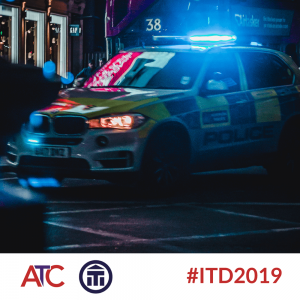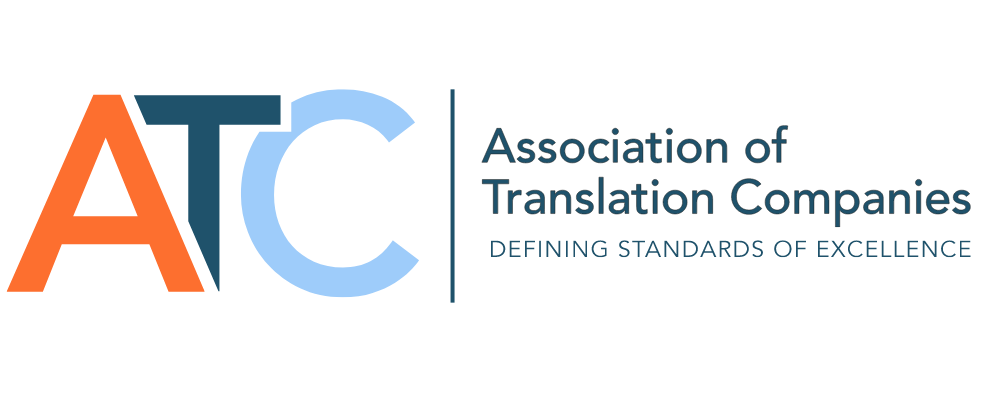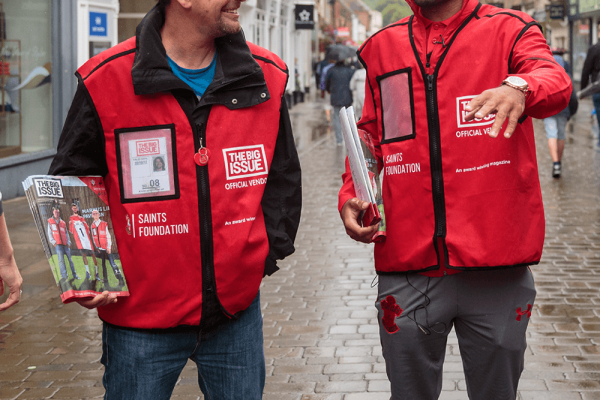Love is the same in any language - but there may be some paperwork! Whether…

Organised crime is now a greater threat than ever before. It’s a globalised, multilingual business, with 4,629 criminal gangs employing 33,598 organised criminals in Britain alone – that’s more than belong to Italy’s three largest mafia clans. Together, they are making an estimated £37bn annually from serious crimes including modern slavery, drug-trafficking and terrorism. To win the fight against organised crime, the police must have new resources, the National Crime Agency has warned. And translation and interpreting have a major role to play. Police experience real barriers in unravelling complex, multilingual crime networks, facing challenges such as obtaining rapid, accurate translations, a shortage of qualified linguists, budget cuts and the sheer number of languages involved.
“In sensitive contexts like police raids, the need is urgent and the potential consequences if we get it wrong are grave,” explains translation quality expert Prof. Jo Drugan. “We should learn from previous terrible mistakes, such as the failure to translate urgent warnings in time to prevent the 9/11 attacks. If the police can’t source qualified linguists, the impact on all our safety and security is a real concern.”
To help UK police work more effectively with translators and interpreters to prevent and prosecute organised crime (when officers, suspects and witnesses don’t speak the same language), Prof. Drugan lead a three-year research project to understand the issues in depth and identify potential solutions. Established in 2015, the Transnational Organised Crime and Translation (TOCAT) project focused on modern slavery and other crimes, bringing together migration, policing and language experts to run trials in the UK and Belgium.
“Shining a light on language and communication is fundamental to bringing new insights and practical approaches to understand, prevent and prosecute transnational organised crime,” explains Prof. Drugan.
The team conducted some 200 interviews and focus groups in the UK and Belgium with translators and interpreters to seek their views, and tested a set of practical guidelines for police, particularly for interpreter-mediated interviews. Both trials revealed that a lack of suitable linguists presents a significant and growing barrier to solving multilingual crime.
Linguists and investigators reported professional challenges including varying practices around interview techniques, what happens to interpreter notes and how translated statements and bilingual transcripts are produced. Some translators work closely with police for long periods, often translating large volumes of instant messages, texts and emails. Content might be written in multiple languages and dialects, using colloquial terms, shared slang and criminals’ own code words, symbols and abbreviations, making the task even harder. Police voiced concerns about the availability of linguists at short notice (particularly in rural areas) and in some cases, the accuracy of translation, which could risk hindering investigations, with just 48 hours to interview suspects and take statements.
Interpreters can be called upon to attend confidential raids or operations at short notice, with no means of communicating with their family. They typically have limited opportunity to prepare, and may encounter witnesses, suspects and traumatised victims at once, without knowing who is who, or members of their own community. The ethical dilemmas didn’t end there. Some linguists were asked to voice an opinion on the suspect’s integrity, for example, which went against their professional code, yet could result in fewer work opportunities if they refused. From police investigators’ perspective, by holding back from offering opinions, interpreters were not giving their full cooperation. Similarly, linguists didn’t know what to do if they saw linguists (or even police) engaging in poor practice.
“Working in police settings means achieving a fragile balance between justice, individual human rights and effective policing, often in fraught and time-limited circumstances,” says Prof. Drugan. “While police may now have access to training, mentors and support in these scenarios, linguists do not. It’s a tough environment to work in, both professionally and personally.”
Prof. Drugan highlights that the question of how to protect and support linguists is even more important for untrained bilingual interpreters, who are often called upon when no professional linguists are available.
“In these cases, training the police is likely to be the only way to reach them, making it all the more important that national guidance and training are as effective as they can be,” she says.
In 2018, the TOCAT team evaluated its findings and made recommendations for improvement, finalising the guidelines at a national conference attended by police chiefs, transnational crime experts, policymakers and linguists. The final version is now being distributed across the UK, supported by nationwide training for police officers involved in multi-lingual investigations.
Following the UK phase of the project, the researchers are exploring introducing this approach across the criminal justice sector in the UK (including in courts and prisons) and among international police forces, drawing on the Belgium trial.
“It’s vital that any practice demonstrated to be effective is shared widely across national borders, and that linguists and police continue to work together, post-Brexit,” says ATC CEO Raisa McNab. “This will be particularly important if the UK loses access to European police databases and cross-national initiatives, and professional international linguists begin to leave Britain, further exacerbating linguist shortages.”
For more information on how translation and interpreting is support the UK’s public services, businesses and economy, please visit https://atc.org.uk/ or https://www.iti.org.uk/.



